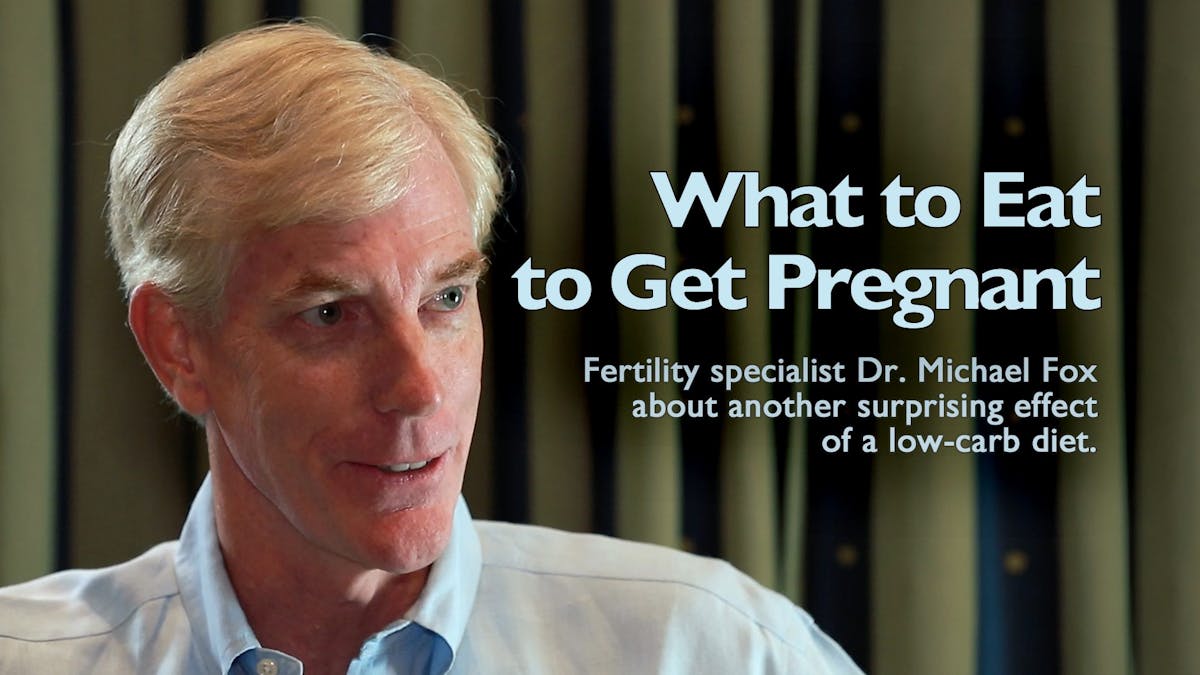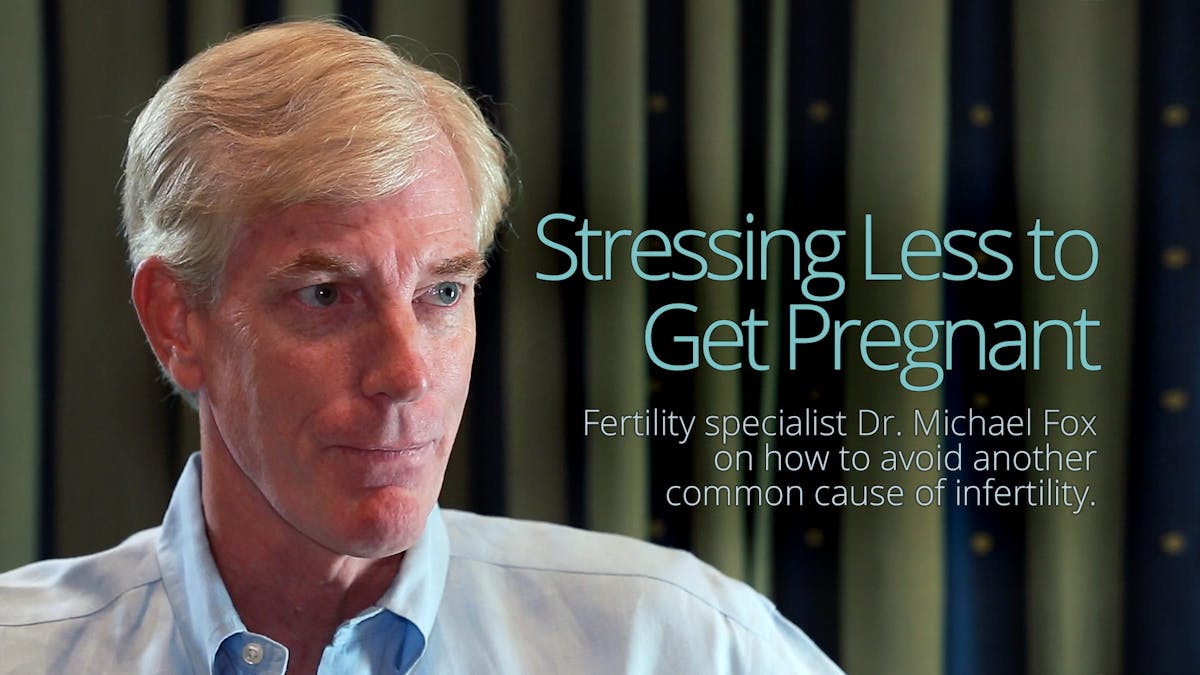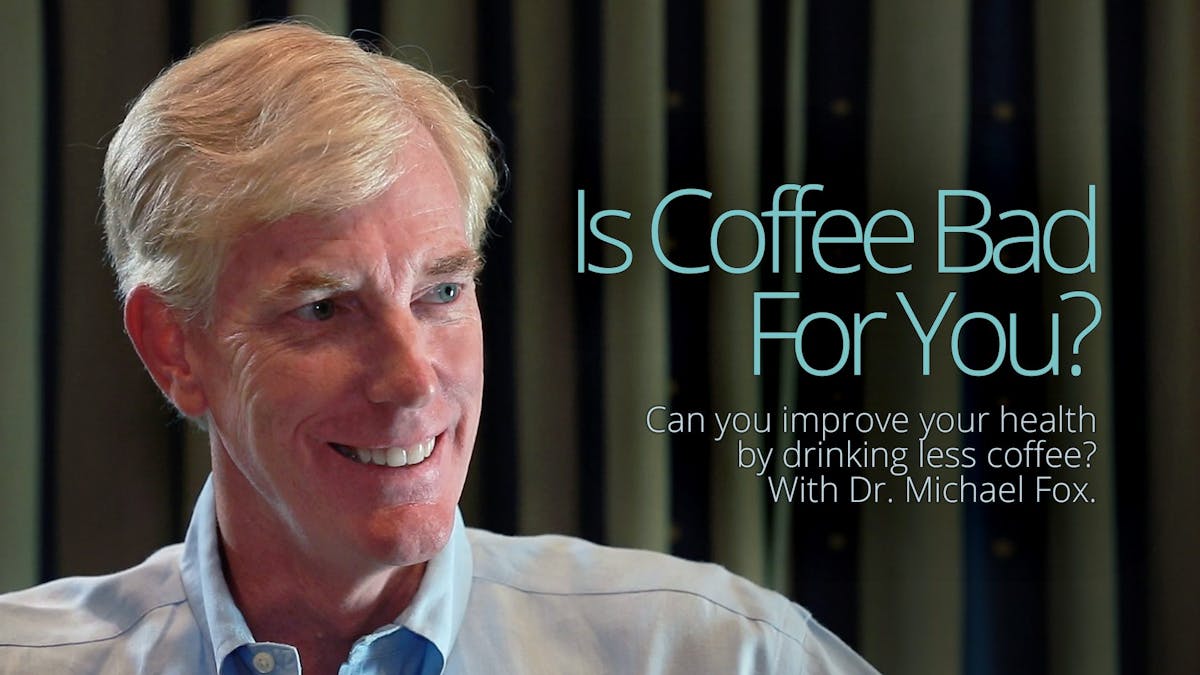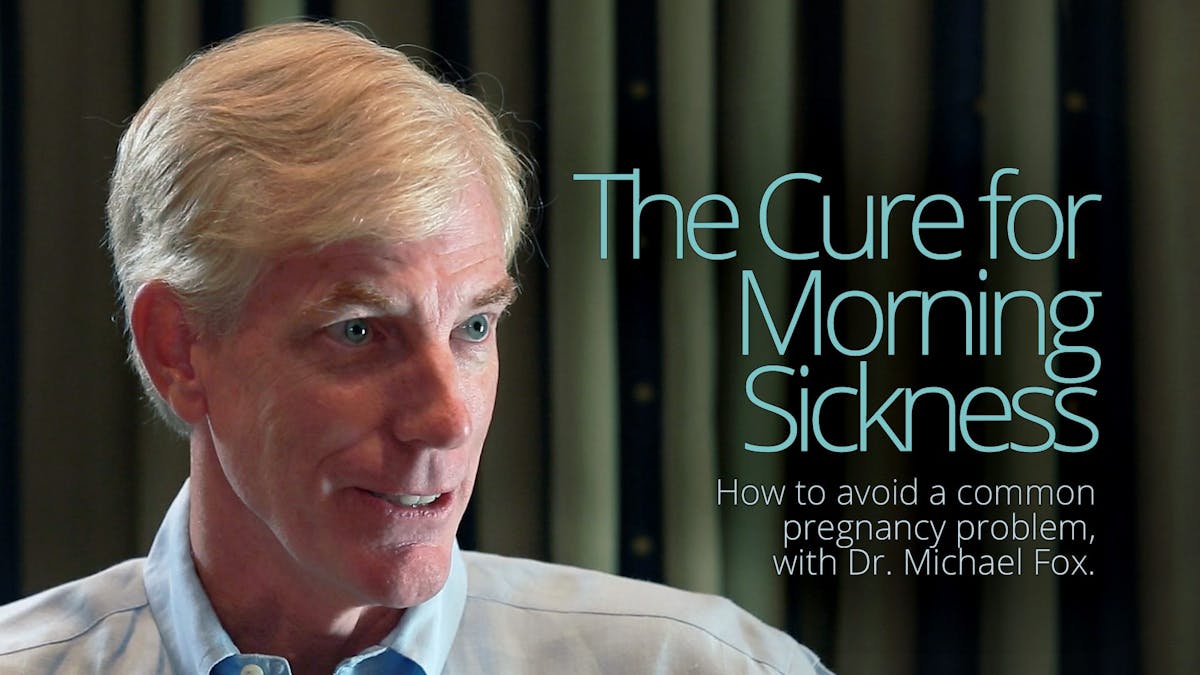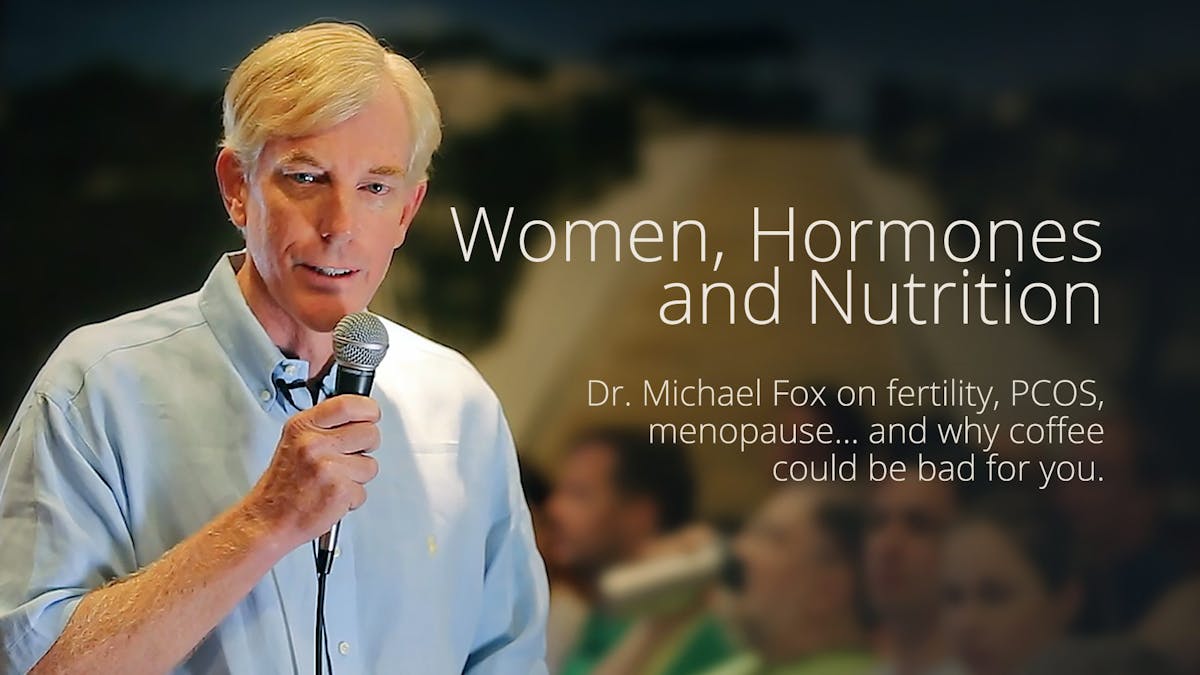Absence of periods on low carb with IF
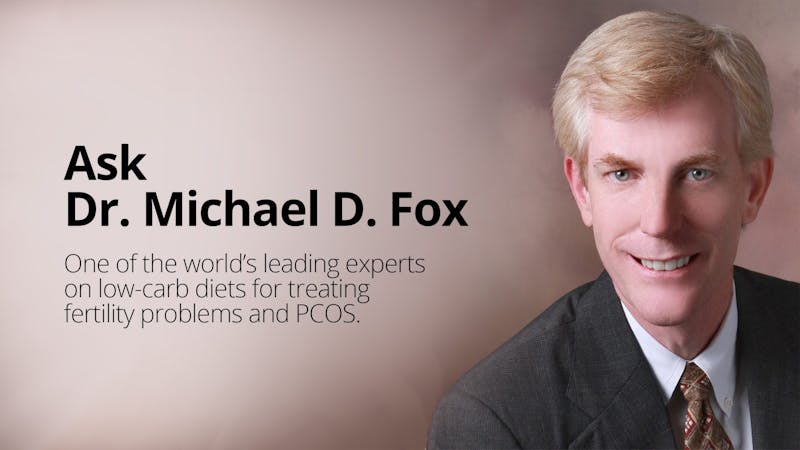
Can a low-carb diet combined with intermittent fasting result in an abscence of periods? And if so, what do you do?
Get the answer to this and other questions – could dairy be a problem in PCOS? – in this week’s Q&A with the fertility specialist Dr. Fox:
Loss of period
Almost five months ago I started LCHF due to insulin resistance and PCOS. I lost about 40 pounds (18 kg), and feeling great. But, after two months of regular periods (31-35 days), I simply lost them. The last was on March 26th. This is now my third missed period. When I look back, it seems to me that perhaps I shouldn’t have done IF, (i didn’t fast first two months, and then I had my periods). Now my doctor has put me on progesterone to induce periods, and gave me cyclo-progynova to restore hormonal balance. What has happened doctor Fox? The last ultrasound showed that my endometrium is very thin (before was great). Though, my right ovary had no cysts. Can these hormonal pills harm my health? I am also taking glucophage xr 1000mg a day. I’ve also noticed increased hair loss…
Thanks in advance,
P.S Keep up the good work!!! Thanks for every advice, lecture, interview!
Ivana
Dr. Fox:
That overall is a hard question. My best guess and it is a guess, is that you may have an underlying hypothalamic dysfunction, maybe due to prior exercise, or eating disorders, hypoglycemia, sleep apnea etc, that has predisposed you to be very sensitive to physiologic stress. The IF if not done during a time of absolute ketoadaptation, could produce such a stress signal that then could have shut off the signals from the hypothalamus to the pituitary and hence decreased the FSH (follicle stimulating hormone) signal to the ovary. This could explain your scenario and would be the most likely thing we would see. Evaluating your level of ketoadaptation would be important. Experiencing any hunger during IF would be a signal that this is a possibility. Alternatively, I would maybe stop IF now for a test and see if cycles return. If they do then you have your answer. You can get enormous metabolic benefit even without IF. The weight loss may be slower but that’s OK especially if pregnancy is a goal.
Best of luck
Substitutes for hormones when treating uterine cancer?
Hello Dr. Fox,
I’m 48 years old and been eating low carb high fat for the last 4 years. I’ve lost 140 pounds doing so and have about 20-30 more pounds I would like to lose. All of my health markers (HDL, A1c, blood sugar, triglycerides etc.) are great. In October my husband I and decided to try IVF and we found a great clinic to work with. After experiencing some spotting and irregular bleeding, a biopsy came back and I have uterine cancer. I go in for a hysterectomy this week. Since I’m going into surgical menopause I can’t find anything on nutrition to help ease some of the symptoms. And what is available is all related to low fat diet — which will trigger weight gain for me. I’m not thrilled about using hormone treatment as I’d like to try diet first. I just don’t know if certain foods I should consider minimizing over others. Any thoughts are appreciated.
Dorothy
Dr. Fox:
Unfortunately, I know of no dietary substitution for hormone therapy. In most cases of endometrial cancer it is ok to take estrogen but you would have to confirm this with your doctor. A lack of estrogen will really hamper your progress.
Hope that helps.
PCOS and dairy?
Hello Dr Fox,
Thank you for your time and expertise.
I would like to ask about dairy consumption and T2D and PCOS. It is a significant part of the HFLC lifestyle for most people trying to manage T2D, but I have been reading that dairy is not advised for PCOS as the hormones can stimulate insulin/testosterone levels and exacerbate the PCOS symptoms, reducing the likelihood of conception. I don’t consume any low-fat dairy and I don’t drink milk, but would I need to have concern with cheese, butter, or heavy cream?
Lisa
Dr. Fox:
Short answer is no. I would ask the naysayers what hormones they are talking about. Prolactin used to stimulate milk production in cows is a protein hormone that when ingested is broken down like any other protein. Anabolic steroids could be an issue but theoretically are not allowed in dairy farming. Organic products are another option to avoid this. We promote cheese, butter and heavy cream all the time.
Hope that helps
More with Dr. Fox
